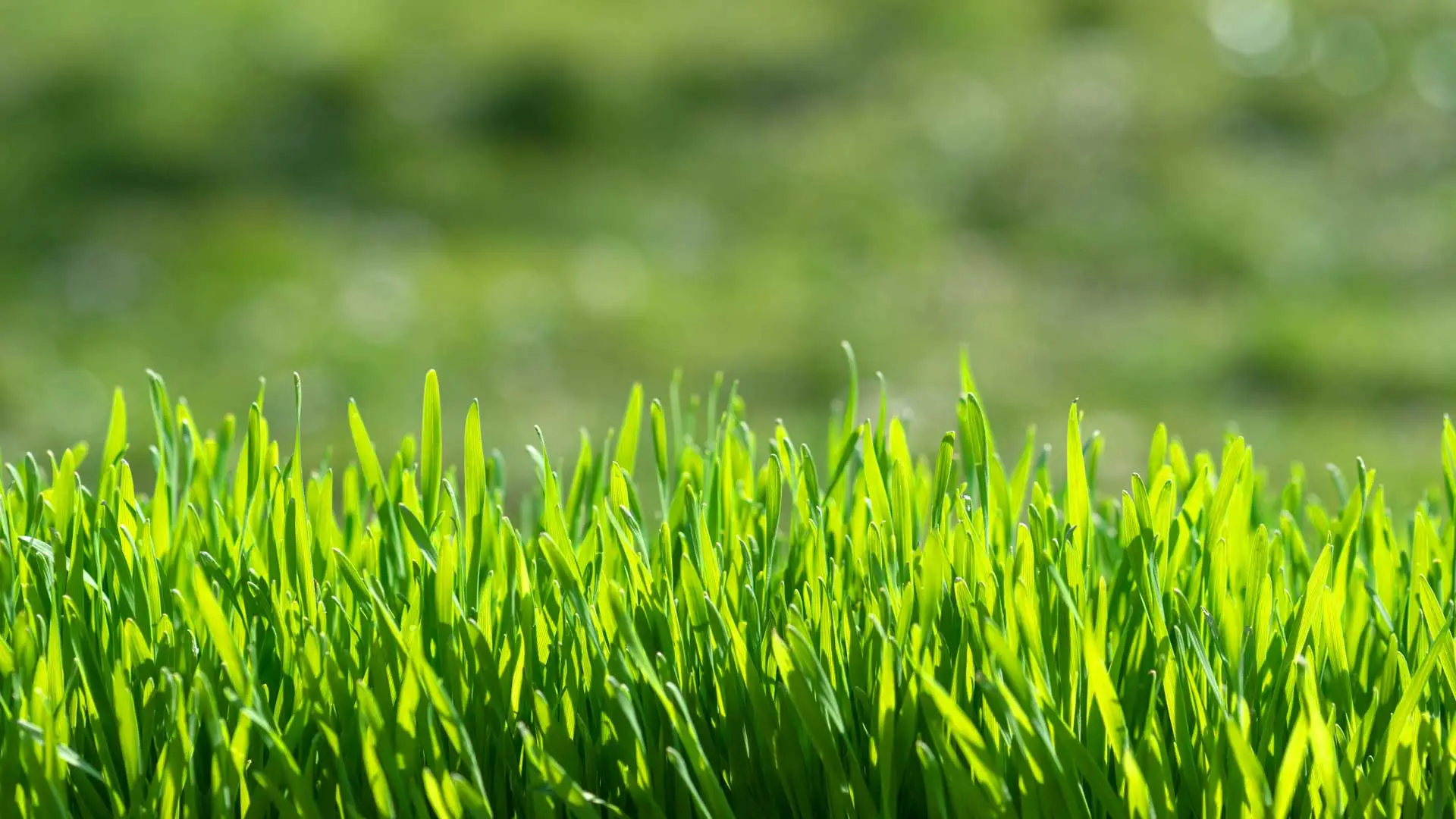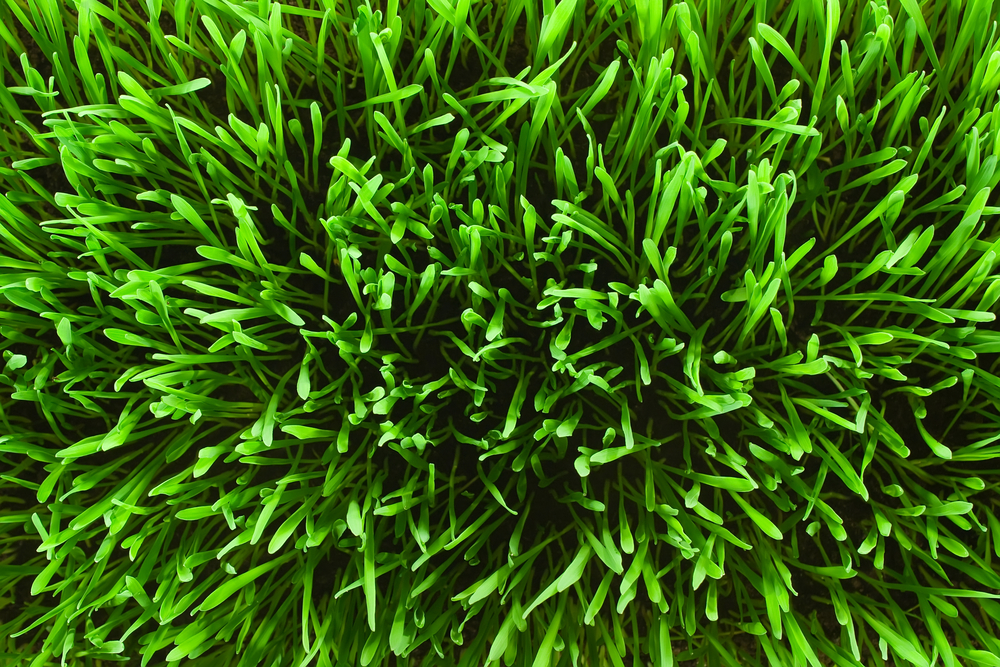
Lawn Care Tips
Tips to grow a thicker, greener, and weed-free lawn.

Tips to grow a thicker, greener, and weed-free lawn.
Your irrigation system should be turned on in mid-to-late May. We recommend that our customers water their lawns for 20 to 40 minutes per zone a few times per week, with 30 minutes per zone being best for most cases. Deep, infrequent watering is best since it will help the lawn develop a strong, deep root system. The watering zone for your landscaping and shrub areas should also receive deep, infrequent watering.
Every lawn is different, so the watering schedule should be customized. We want your lawn's sunnier, drier parts to receive more water than shady or wet areas.
Watering late in the evening will leave the grass wet overnight, creating a perfect condition for fungus to grow. The best time to water your lawn is between 4 and 10 a.m.
It should be scheduled to run once or twice per week, then increase the days as we go into the summer. Water every other day in the summer.
If your lawn needs more water during the summer heat, increase your watering times to 40 minutes per zone. During hot and dry periods, or depending on your soil conditions, daily watering may be required.
As fall begins to set in, we suggest cutting back on watering to one day per week in late September, then stop all watering around the middle of October.
If watering with a garden hose and sprinkler, soak each area for 1 hour once or twice a week.
When seeding, a different watering technique must be used. Your lawn should be watered daily for about 20 minutes per zone. Then after about 30 days when the seed has been established, follow the watering guidelines as we laid out above.
For a healthy, attractive lawn, mowing and maintenance are some of the most important factors. A few tips for mowing your lawn correctly:
Diseases in your lawn can happen at any time of the year based on the different weather conditions we see in the New Jersey area. The best ways to prevent lawn disease is:
Simply understanding your irrigation system so you can make needed adjustments throughout the year is important.
Thatch occurs naturally but will increase rapidly when using a low-quality fertilizer. A layer of thatch is made up of decomposed grass blades, stems, and roots, and in small amounts is beneficial to your lawn. Thatch can create many problems when the layer exceeds ½” thick, it will prevent water, air, and fertilizer from penetrating the roots properly. If the thick layer of thatch is not removed, insects will begin making it their home and disease can take over, causing damage to your lawn that will be difficult to treat.
We will come to your property and remove this layer of thatch by using a de-thatcher/power rake, or through core aeration. The best time of year for this service is late summer or early fall and is often combined with our overseeding services. Dethatching should be done every few years, creating a healthier lawn that will require less water and fewer problems with disease and insects.

SORRY WE DO NOT PROVIDE: Lawn Mowing, Clean-Up, or Landscaping
